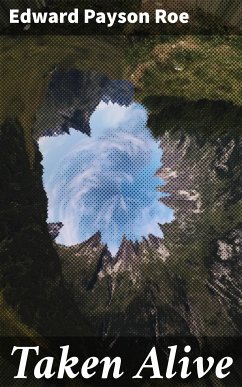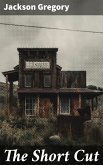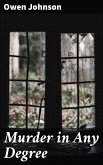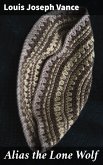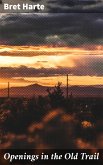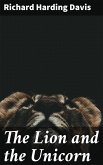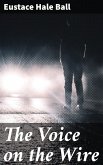In Edward Payson Roe's novel "Taken Alive," readers are immersed in a rich tapestry of 19th-century American life, where themes of love, morality, and redemption unfold against the backdrop of a rapidly changing society. Roe's literary style is characterized by his eloquent prose, keen psychological insights, and strong moral underpinnings, all of which reflect the burgeoning romanticism of his era. The narrative examines the tensions between social expectations and individual desires, inviting readers to contemplate the characters'Äô struggles and the values of their time. Edward Payson Roe, a prominent American author of the late 19th century, was deeply influenced by his upbringing as the son of a pastor and his experiences as a Civil War veteran. These elements of his life imbue "Taken Alive" with a sense of authenticity and depth, exploring human nature and ethical dilemmas from a perspective molded by both personal conflict and societal observation. Roe'Äôs dedication to moral storytelling has solidified his reputation in American literature, marking him as a significant figure in the literary exploration of virtue amid adversity. This compelling narrative, filled with genuine emotion and profound insights, appeals to readers interested in the intersections of morality and human experience. "Taken Alive" is not only a reflection of its epoch but also serves as a timeless exploration of love and redemption, making it a must-read for those who appreciate moral complexity within vibrant storytelling.
Dieser Download kann aus rechtlichen Gründen nur mit Rechnungsadresse in A, B, BG, CY, CZ, D, DK, EW, E, FIN, F, GR, H, IRL, I, LT, L, LR, M, NL, PL, P, R, S, SLO, SK ausgeliefert werden.

